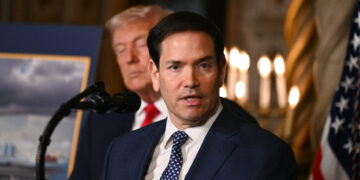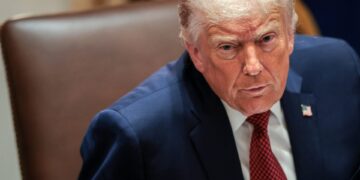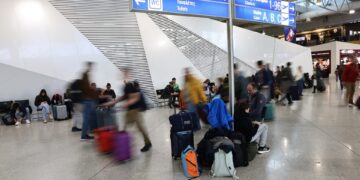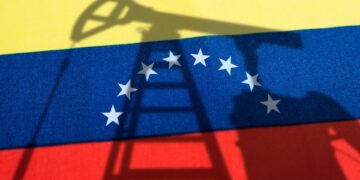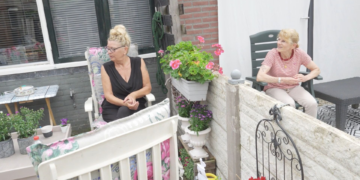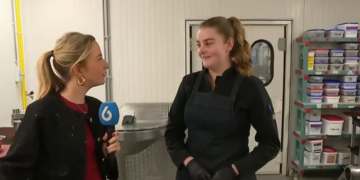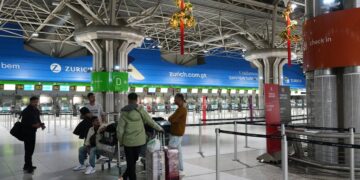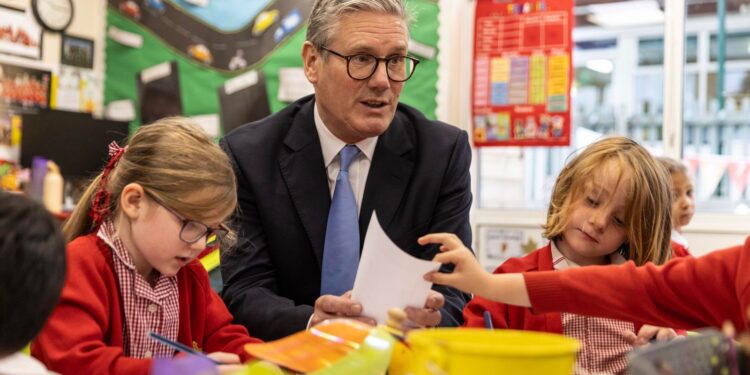Private school parents in the UK will now be facing higher fees as a result of the government’s new VAT policy. This policy, which has been implemented as part of the government’s efforts to increase revenue, will apply a 20% VAT charge on fees for private education. This means that parents who send their children to private schools will now have to pay more money towards their child’s education.
The decision to implement this VAT policy has been met with mixed reactions from parents, with some expressing concern over the financial burden it will place on them. Private school fees are already costly, and the addition of a 20% VAT charge will only serve to make them even more expensive. This has led to fears that some parents may struggle to afford to send their children to private schools, potentially leading to a drop in enrollment numbers.
Private schools themselves have also expressed their concerns about the impact of the new VAT policy. Many private schools rely on fees from parents to operate, and the increase in costs could have a detrimental effect on their finances. Some schools may be forced to make cuts in order to balance their budgets, which could result in a reduction in the quality of education they are able to provide.
The government has defended the VAT policy, stating that it is necessary in order to generate much-needed revenue. The government has been under pressure to find ways to increase funding for public services, and the implementation of VAT on private school fees is seen as one way to achieve this. However, critics argue that the policy unfairly targets a specific group of parents who choose to send their children to private schools.
Overall, the introduction of VAT on private school fees is likely to have a significant impact on both parents and private schools. Parents will now have to budget for higher fees, while private schools will need to find ways to cope with the increase in costs. It remains to be seen how this policy will affect the private education sector in the long term.















